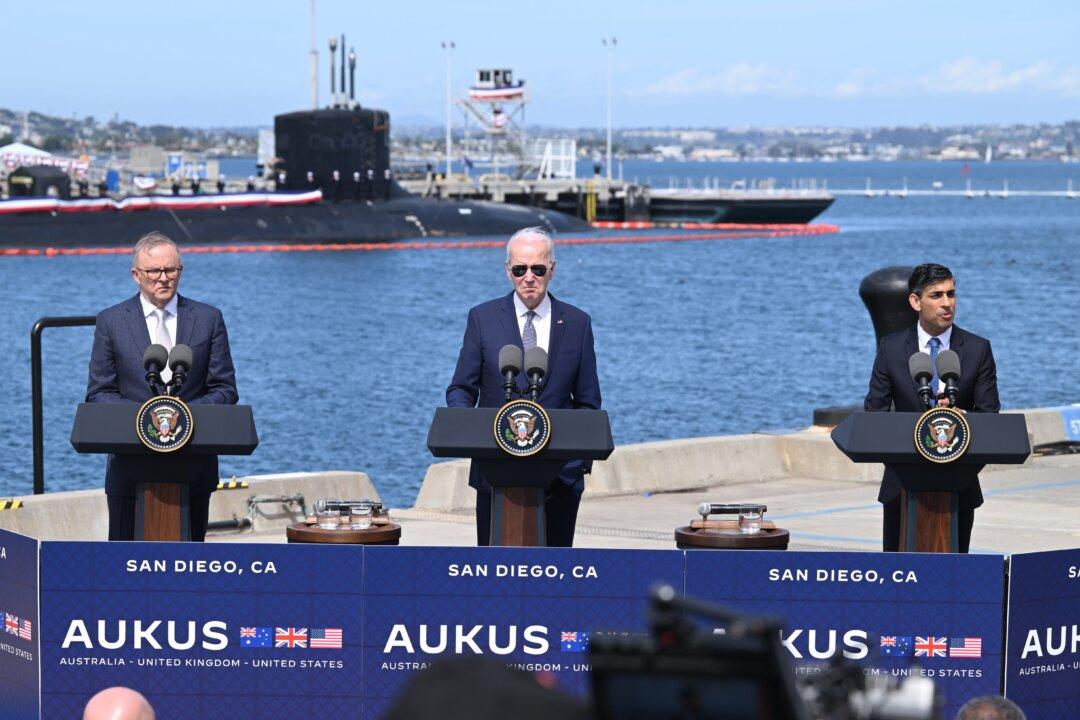Commentary
AUKUS, the nascent Australia-United Kingdom-United States of America strategic pact, continues to show considerable pace and development at an operational level but increasing division and dysfunction at a strategic political level.

AUKUS, the nascent Australia-United Kingdom-United States of America strategic pact, continues to show considerable pace and development at an operational level but increasing division and dysfunction at a strategic political level.